solar system
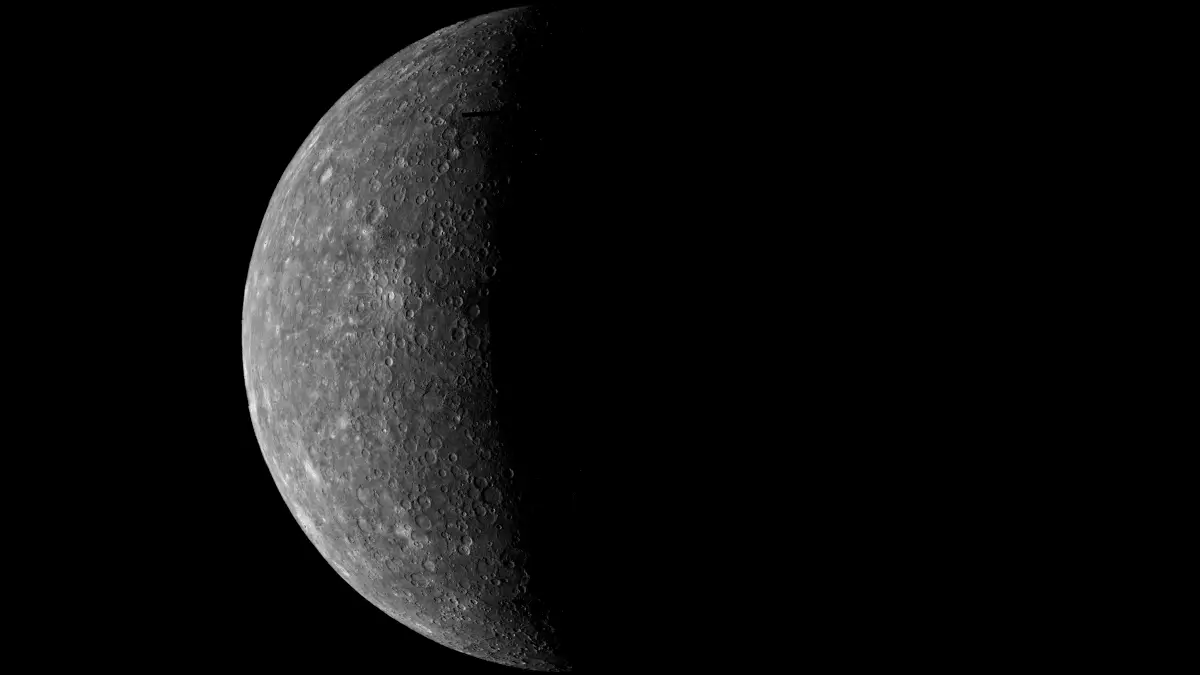
mercury
Mercury is the planet which is situated closest to the sun's gravitational pull. It dosen't have any moons and it's got a very thin atmosphere. It's in fact the smallest planet in our solar system. The planet appears to be shrinking, though the cause is unkown.
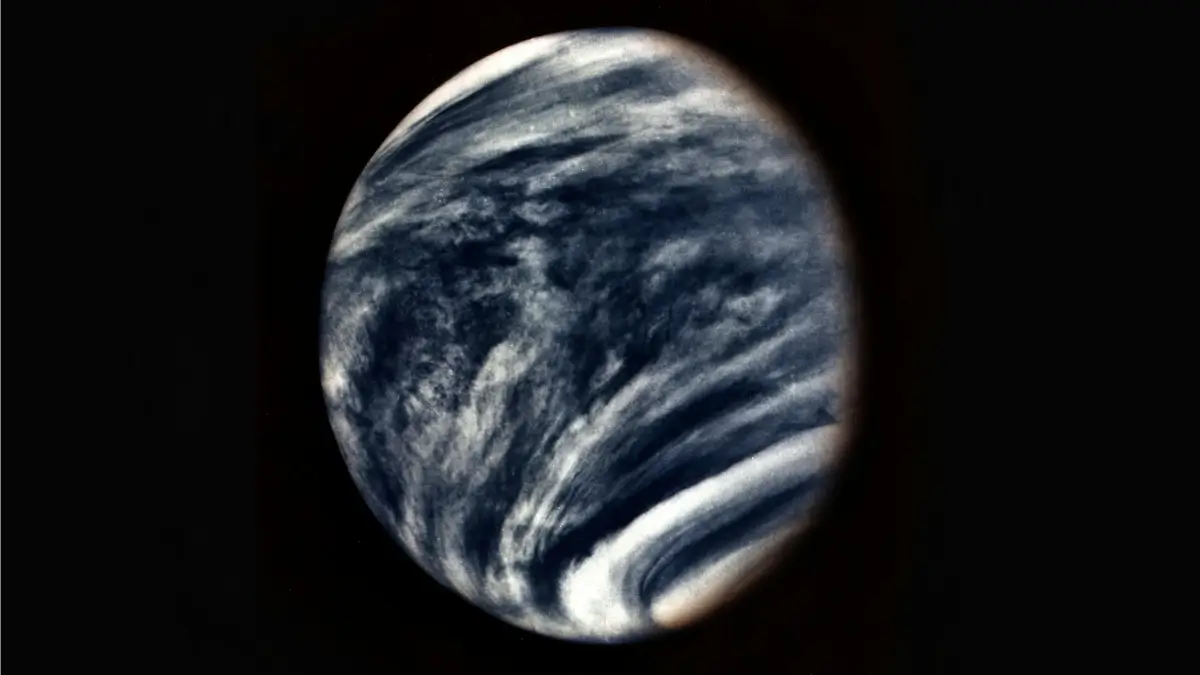
venus
While not being the planet closest to the sun, Venus is the hottest planet within our solar system. Covered in a largely thick atmosphere, which is also full of sulfuric acid cloud spots which in turn makes the planet uninhabitable for any creature.
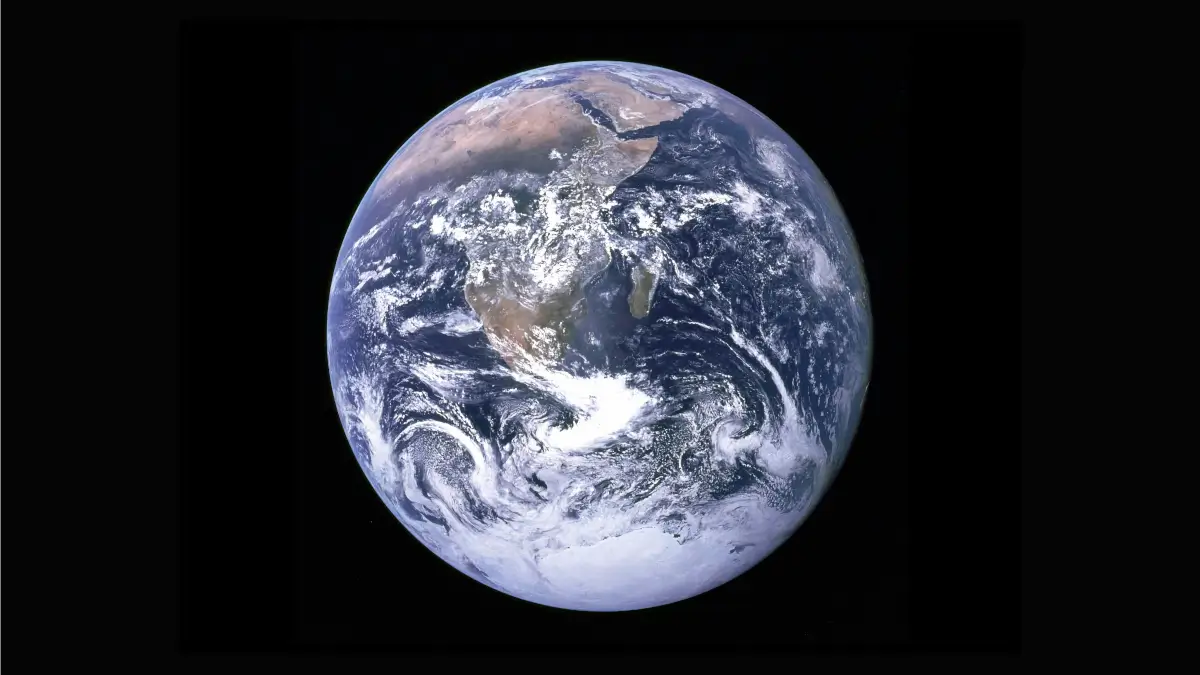
earth
Planet Earth is the only planet in our solar system to have water on it's surface. Contrary to popular belief Earth isn't fully round. The planet itself is also believed to have been around for over four billion years old, and it's the fifth largest planet in our solar system.
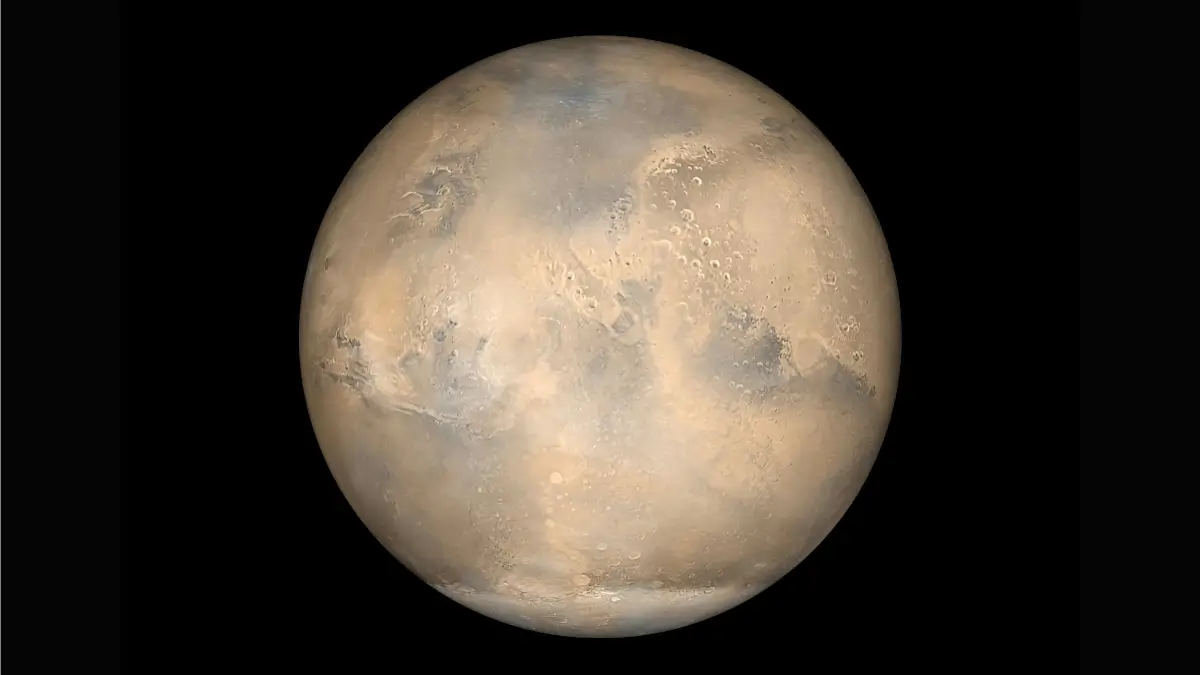
mars
Mars is known as the red planet, partly because minerals in the soil oxidise which then give the planet it's red appearance. With Mars being the closest planet to our own, it has been rife for exploration by organisations like NASA and various orgs around the world.
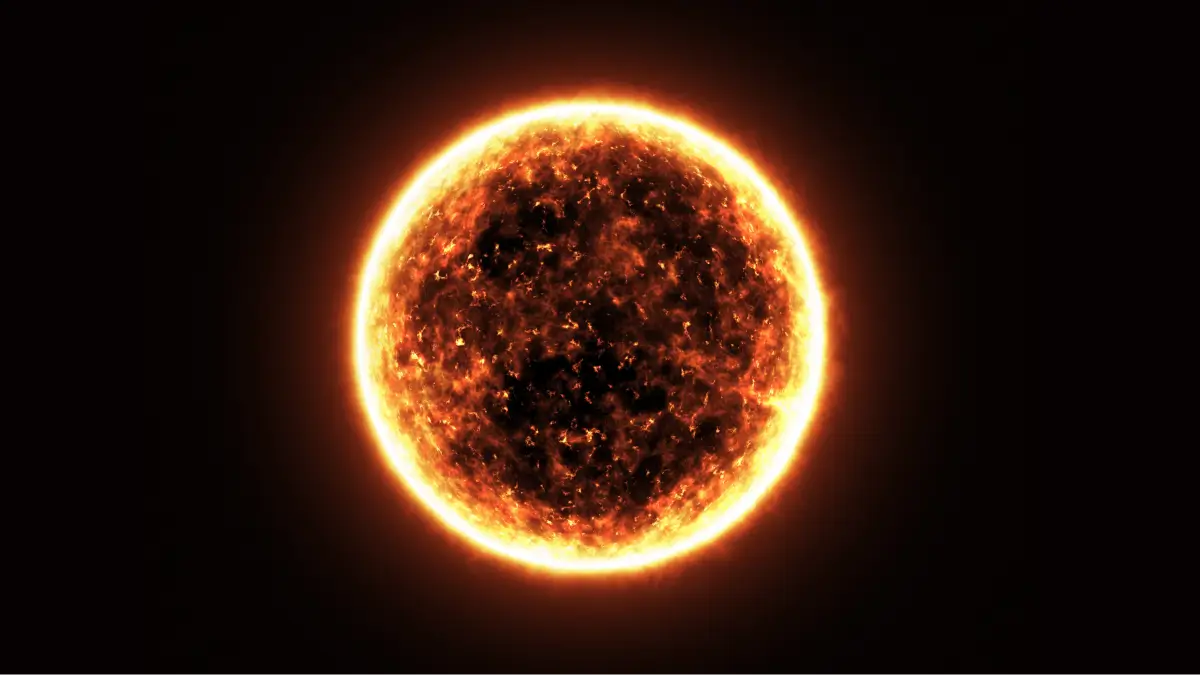
the sun
The sun, a dwarf star at the center of the universe, is the biggest object in our universe, because of it's sheer size all planets orbit this massive star. It is made of helium & hydrogen, with a surface temperature of more than five thousand degrees celsius.
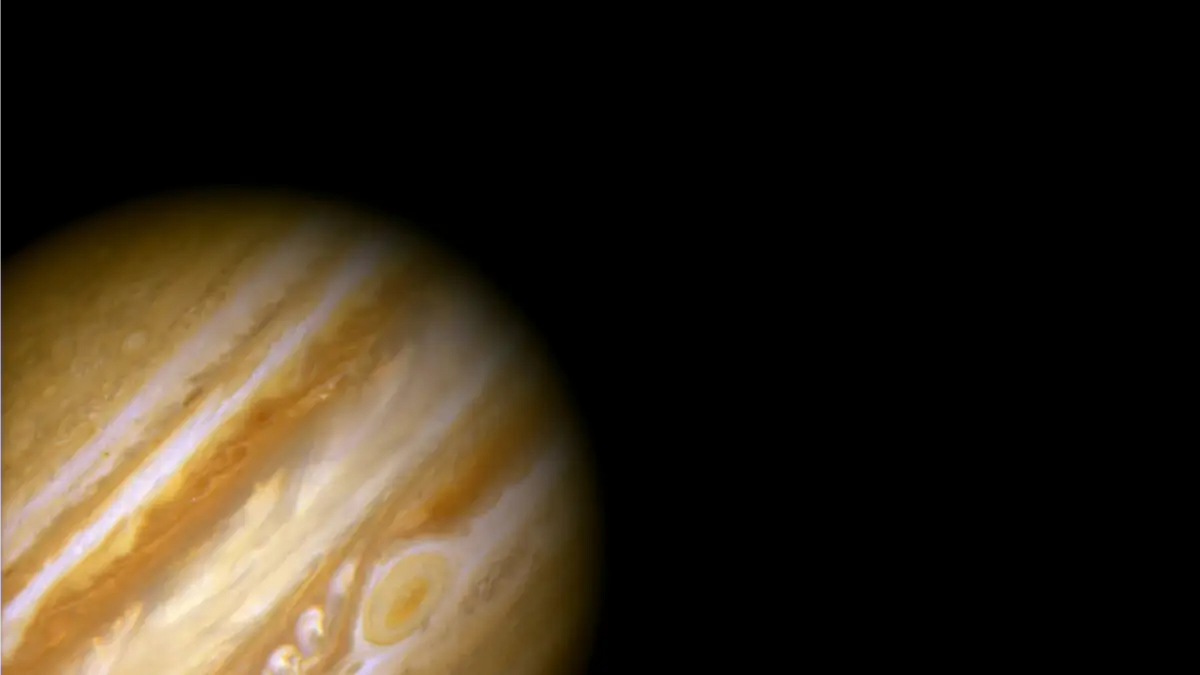
jupiter
Jupiter which was named after one of the roman gods, is the largest planet in our solar system, which in turn is comprised of mostly hydrogen and helium all the way down to the planets core. Jupiter has between 80 and 95 moons surrounding it's orbit.
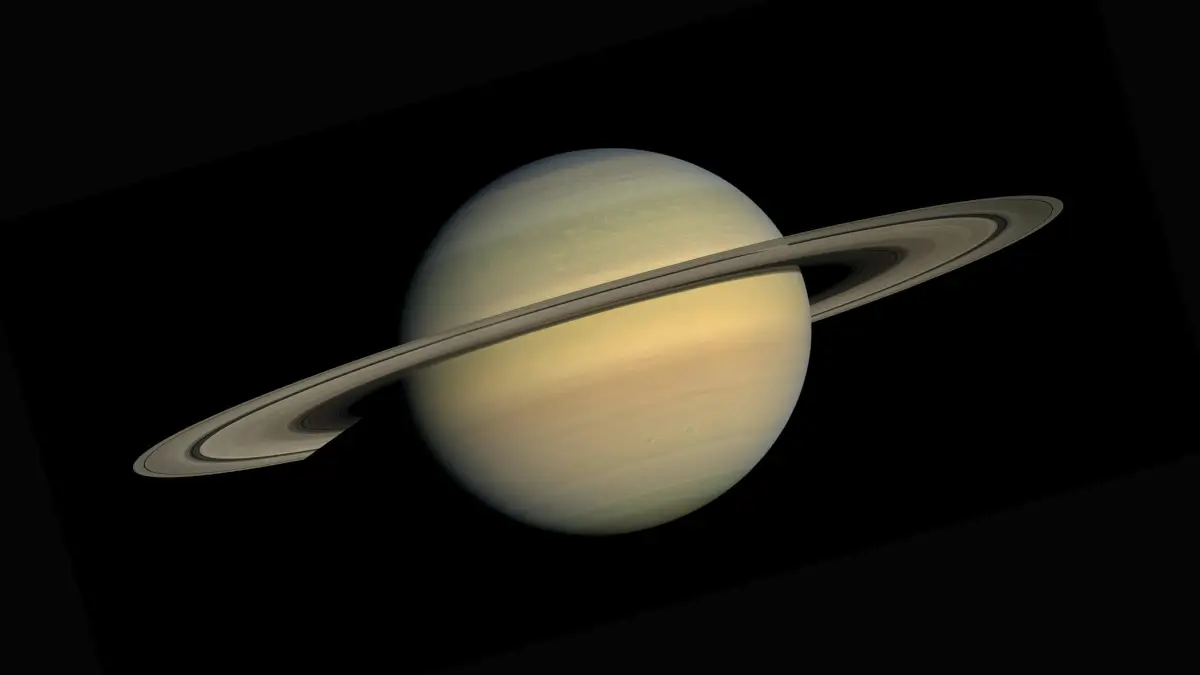
saturn
Saturn is another planet that is mostly comprised of gasses, it's so gaseous that you physically can't stand on it. The rings that surround saturn are incredibly thin, which give it the nickname of 'The Ringed Planet' amongst astrologers.
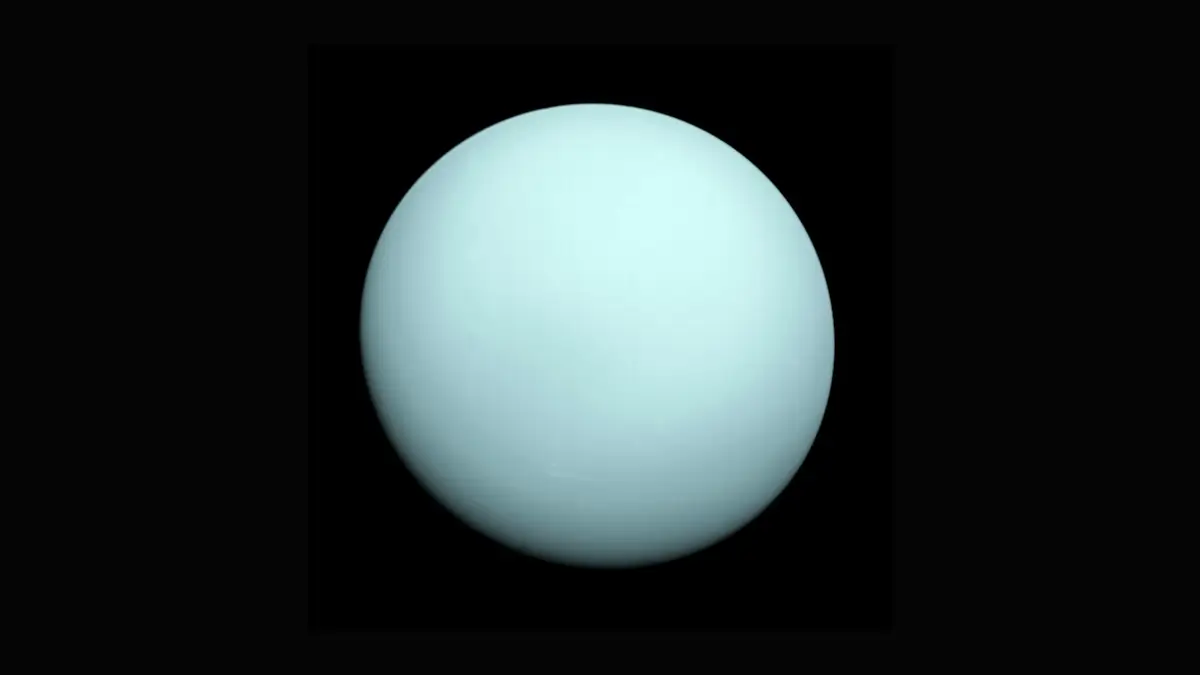
uranus
Uranus was the first planet to be found with a telescope. Uranus is the coldest within our solar system, even though it is not the farthest planet from the sun. The planet is in fact so large that you could fit earth within it over sixty times.
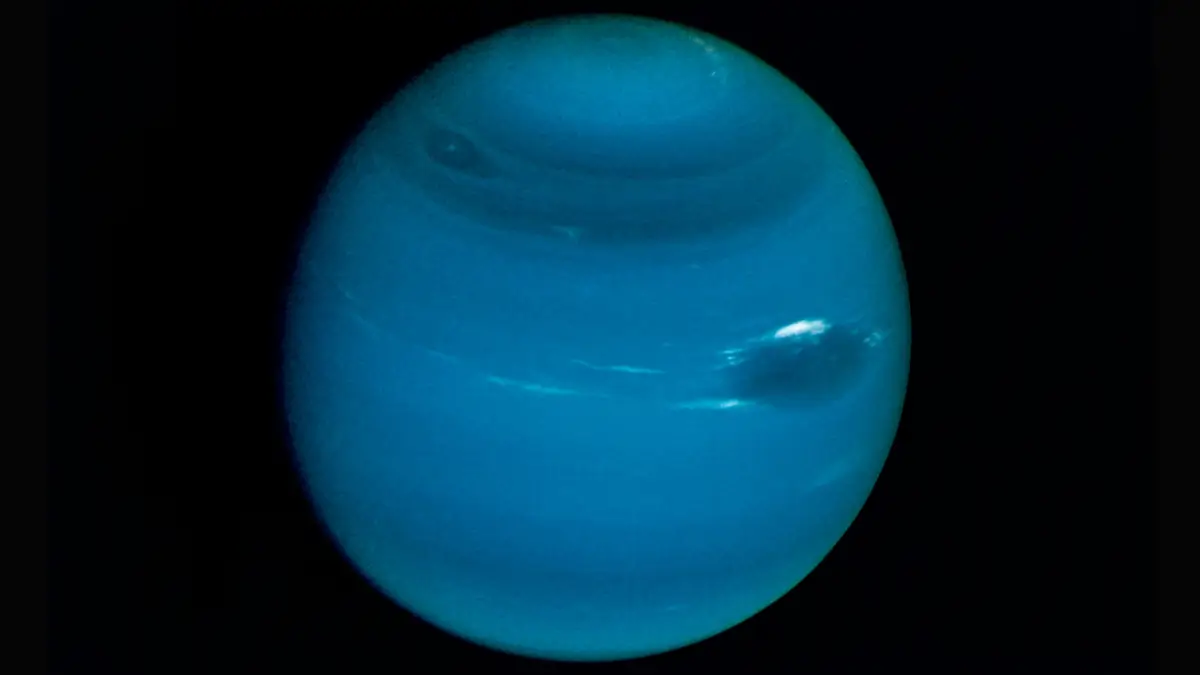
neptune
Neptune is yet another planet named after a roman god and it's currently the only planet not visible to the human eye. Neptune is the farthest planet from our solar system, and the smallest amongst all of the gaseous planets.